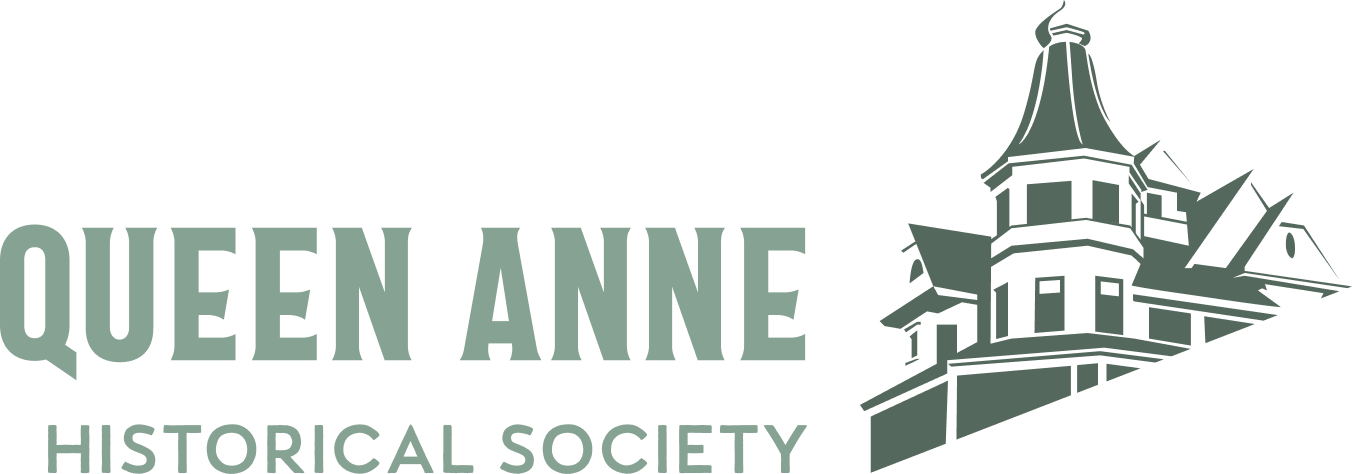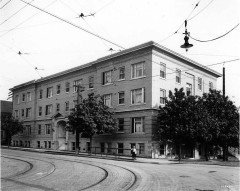Apartment Development on Seattle's Queen Anne Hill
The document "Apartment Development on Seattle's Queen Anne Hill -- Prior to World War II" is a thesis by Queen Anne resident Mimi Sheridan. It analyzes pre-war apartment house development on the south slope of Queen Anne Hill. It examines land use in the area from 1900 to the present, looking at the development pattern and changing uses. This information is used to help identify the role of these buildings in the city's overall social and urban fabric. Several examples of various types of apartment houses illustrate the building types, styles and landscaping typically found before World War II. To provide an historical context for the discussion of Seattle apartment houses, the thesis briefly discusses multifamily development and typical building forms in Europe, New York, San Francisco and Los Angeles.
The primary question this thesis considers is: What was the role of apartment houses in Seattle's physical and social development prior to World War II? Several closely related questions about Seattle's architectural and social development are: to what extent did Seattle have its own apartment tradition? What was this tradition and how did it differ from those found in cities such as San Francisco, Los Angeles and New York? In a city of single-family homes, who chose to live in apartment houses, and why? Clues to these answers can be found in questions such as: What building types, decorative features, and landscaping were commonly used? What densities were developed, in terms of building and unit size?
The thesis has the following sections:
A discussion of the methodology used to do the study, describing the sources and techniques
Basic background information and a history of Queen Anne and the study area, including a detailed description of the development pattern on the four streets being studied (Queen Anne Avenue North, West Highland Drive, West Olympic Place and West Roy Street).
Apartment development, focusing first on the historic context of apartments elsewhere and then on conditions specific to Seattle and Queen Anne, with illustrated examples.
Findings, conclusions and suggestions for further studies to increase the knowledge of this building type.
Part I
Chapter 1: Introduction
Chapter 2: Methodology
Part II: Queen Anne and the Study area
Chapter 3: The South Slope Today
Chapter 4: History of Queen Anne and the Study Area
Chapter 5: Study Area Residents, 1940
Part III: History of Apartment Development
Chapter 7: European and U.S. Apartment Traditions
Chapter 8: Apartment House Development: Seattle and the Study Area
Part IV
Chapter 9: Summary and Conclusion
Notes
Bibliography
Appendix
By Frances Amelia Sheridan, Master's Thesis, 1994, Department of Urban Design, University of Washington. Copyrighted.


